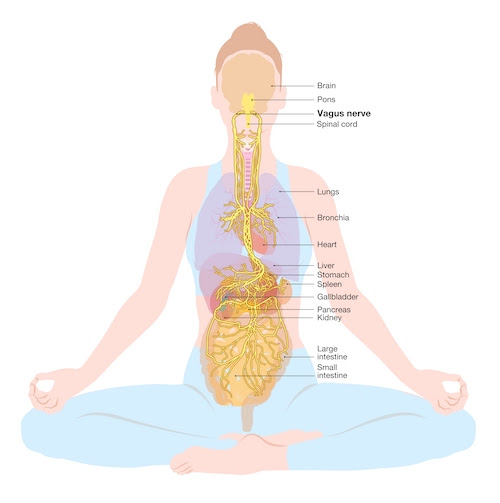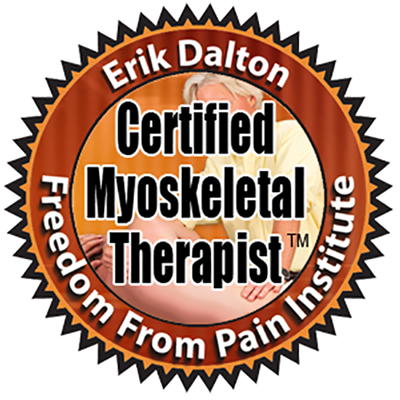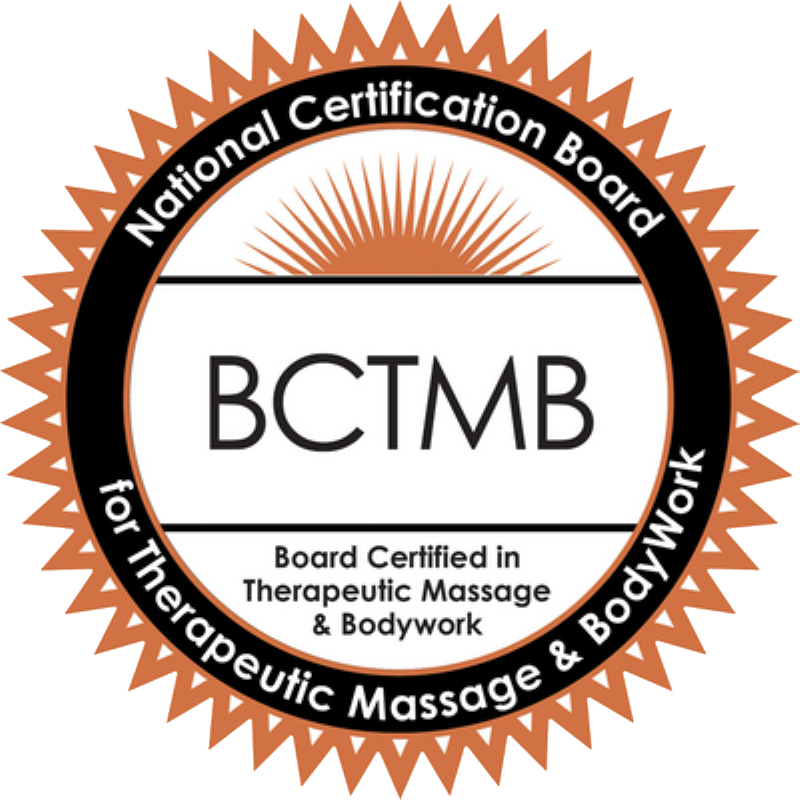News: March 2024
Emotional Trauma Lives in the Body
 Nearly all of us experience some form of trauma, whether acutely from a single incident, or less obviously over time. Trauma is an emotional response to one or more events that overwhelm a person's capacity to cope. Many people associate trauma with catastrophic events, such as sexual assault or military combat. But trauma is a response, not an event, and can be triggered by any distressing experience, including bullying, death of a pet, breakups, loss of a job, financial struggles, and chronic pain.
Nearly all of us experience some form of trauma, whether acutely from a single incident, or less obviously over time. Trauma is an emotional response to one or more events that overwhelm a person's capacity to cope. Many people associate trauma with catastrophic events, such as sexual assault or military combat. But trauma is a response, not an event, and can be triggered by any distressing experience, including bullying, death of a pet, breakups, loss of a job, financial struggles, and chronic pain.
Overwhelming emotions have a habit of living in the body, quite literally. These "trapped" unwanted emotions may date back to early childhood. Fear, grief, and shame are often repressed following traumatic events, allowing us to survive and function day to day. After a time, however, repressed emotions form biologically disruptive patterns that are damaging to our health.
The vagus nerve is hugely responsible for bringing the body back to a state of calm following a stressful event. It is the largest cranial nerve, with pathways to almost every organ in the body. The vagus nerve is a main player in heart functioning, blood pressure, respiration, and digestion. If a threat is sensed, even subconsciously as is often the case for those who've experienced past trauma, the vagus nerve turns off parasympathetic (rest and digest) activity and triggers the stress response. Heart rate rises, blood pressure increases, respiration quickens, muscles tense, blood redirects to the extremities, cortisol and adrenaline are secreted, and digestion and immune function take a back seat. The body is in survival mode, regardless of whether the danger is real or perceived.
Ideally, once danger has passed, our bodies return to a baseline of parasympathetic activity - muscles relax, breathing and heart rate slow, and the body resumes a resting state. But when we have unprocessed emotional trauma, the body remains in a stress response, fearful and hypervigilant. Chronic stress depletes the body's resources for maintaining health and homeostasis. The vagus nerve stimulates chemical messengers that create inflammation, which weakens the intestinal walls and allows toxins into the bloodstream. This disrupts cortisol (a stress hormone) and neurotransmitter levels, which affect our mental health. The adrenal glands which produce survival hormones eventually fatigue, creating a chronic hormonal imbalance that offsets thyroid hormone levels. In addition, chronic stress causes inflammation of fascia, which creates blockages that diminish nervous system and immune functioning. It's a multidirectional cycle that profoundly impedes mental, emotional, and physical health.
Most of us don't even realize we're holding on to trauma. We experience chronic pain, insomnia, anxiety, muscle tension, feelings of social isolation, panic attacks, or autoimmune diseases and never suspect the origin to be stored emotions from our past. We may take medications and supplements to try to rid ourselves of these ailments, but we are merely masking symptoms temporarily. We can't truly heal until we address the underlying emotional trauma.
To heal stored emotions from past traumas, we first must recognize that we are holding that trauma inside of us. We've consciously or unconsciously hidden it away so that we could get on with our lives. The next step is to recognize that suppressing trauma is no longer serving us - in fact, it's hurting us. Finally, we can begin the healing process. This, of course, looks different for everyone. Psychotherapy can be very helpful, but it's often not enough. We must involve the body in which the trauma is buried. This is where we need to look outside the realm of traditional medicine, to more holistic treatments like massage therapy, somatic experiencing, yoga therapy, sensorimotor psychotherapy, EMDR (Eye Movement Desensitization and Reprocessing), and breathing practices. If some of these therapies don't sound familiar to you, it's because the idea of treating mental illness with anything other than psychotherapy and medication is relatively new to the Western world. With a rapidly growing body of promising research, integrative medicine is finally gaining traction.
In addition, we are now empowered to help ourselves with any number of methods that research has shown to be effective for healing trauma, such as practicing gratitude, mindfulness meditation, journaling, Yoga, tai chi, getting out in nature, humming and reciting mantras (great for activating the Vagus nerve), and being of service.
If you're living with a chronic condition that isn't responding to traditional treatment, you might want to explore body-oriented therapies with trauma informed practitioners and see if you might uncover and release trapped emotions from the body. It may be the best health decision you ever make.
Source: Ameet Aggarwal, ND, The Fascia & Chronic Pain Rescue Summit
Lower Stress in 5 Minutes with Self-Massage!
I know what it feels like to be super busy, without a moment to myself. But I also know the dire consequences of chronic stress. Which is why I created this short and sweet self-massage.
Just taking 5 minutes a day for yourself can be a game changer. (And I know you can find 5 minutes.) Taking this brief amount of time to take care of yourself can reduce anxiety, ease pain and tension, boost your mood, improve your energy, clear your mind, and even strengthen your relationships.
So bookmark this video, and begin with 5 minutes a day. Make this a daily habit, and you'll retrain your brain to let go of stress. Your body and mind will thank you!
What's new with me ...
For Valentine's Day, my creative husband gave me a bouquet of 2 dozen roses ... that he built out of LEGOs! They still look fresh.
I can't believe Sienna is turning 11 years old this month! We have some fun surprises in store for her birthday :)

Call or text me today
917-359-8641
I'd be happy to answer
any questions you have!
Massage@Rachel-Richards.com
Subscribe to my Youtube channel!
Did you know?





